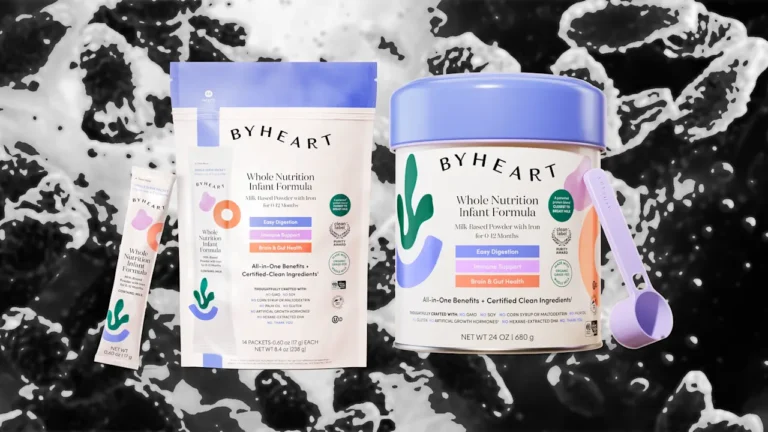Courtesy of Dr. Majid Fotuhi
- A neuroscientist keeps his brain healthy and youthful with daily mental and physical exercises.
- His routine includes biking, weight training, Sudoku, and dancing lessons with his wife every week.
- He follows a Mediterranean diet, supplements omega-3s, and manages stress to support brain health.
By the time Dr. Majid Fotuhi hits 90 years old, he hopes to be just as sharp as he is today.
The Johns Hopkins neuroscientist has been studying the brain for more than 30 years to understand why our memory and cognitive function can decline as we get older — and how to preserve them.
It’s a popular misconception that the brain is like an old computer that inevitably runs down as we age, he told Business Insider. In fact, he says, it’s a living organ that can grow (or shrink) in response to our day-to-day actions and choices.
‘”On a daily basis, your brain changes just a little bit at the microscopic level,” he said. “When you do certain things over and over again, it can change for better or for worse.”
His latest book, “The Invincible Brain” (out March 3, 2026), details science-backed strategies to prevent cognitive decline.
Fotudi said that since his mid-50s, he’s adjusted his daily routine to increase the odds of becoming a “super-ager”, someone with the cognitive health of someone decades younger.
He said that while it’s not news to him that a healthy lifestyle is good for the brain, he increasingly makes it a priority.
“I am exercising more. I’m really careful about not eating processed food. I take opportunities to challenge myself,” he said.
Here, Fotudi shares a typical day in his routine for better brain health, from a Mediterranean diet to ballroom dancing and Sudoku.
He bikes 60-80 miles a week
Fotudi said his research shows physical activity is key for strengthening the brain.
That’s why he starts every day with some kind of exercise, from a Peloton session to an hour of weight training. The mix of cardio and strength training is a science-backed way to boost longevity.
Once a week, he tackles a longer bike ride, racking up an average of 60 to 80 miles per week on the bike.
All those minutes of pedaling and reps in the gym keep blood flowing through the brain for better memory and processing.
Lean protein, and no donuts
Fotudi follows a Mediterranean diet, with mostly whole, unprocessed foods, lean proteins, and healthy fats like fish.
A typical day for Fotuhi might start with oatmeal, protein powder, and some banana. Around noon, he has a bowl of yogurt. Then blueberries for a snack, and salmon with salad for dinner.
Fotudi said he steers clear of processed foods, especially sweets, since added sugar, salt, and fat can increase inflammation that drives cognitive decline.
Omega-3 — the only supplement with good evidence for brain health, he says
Forget all the pills and powders on the market claiming to boost your brain, Fotuhi said — few supplements are shown to help with cognitive health.
But he does make one exception: omega-3 fatty acids, particularly DHA and EPA.
Fotudi takes 1000 milligrams a day. That’s because more than a decade of high-quality research (including his own) suggests it can help protect memory and mood.
“To me, that’s the only supplement for which there is very strong data to support brain health and prevent Alzheimer’s disease,” Fotuhi said.
Never stop learning
To keep his brain active, Fotuhi said he constantly aims to learn new things and stay socially engaged, both habits that are good for longevity.
“Reading the scientific literature, preparing lectures, mentoring students, I get more than enough dose of cognitive stimulation just through my work,” he said.
Beyond his job, Fotuhi loves chess, plays fast-paced card games with his daughters, and does Sudoku with his wife.
They also take dance lessons once a week and travel frequently, learning about new cultures and checking out museums wherever they go. Fotuhi said he’s visited more than 40 countries and always looks for a challenge along the way.
“We rarely go on a beach and just sit there,” he said.
On a trip to Italy, he decided to swim a mile just to see if he could. Turns out, it “wasn’t that big of a deal.”
Turn off GPS
Along with a mentally challenging job and engaging hobbies, Fotuhi takes every opportunity to engage his brain.
“If I have to do multiplication, I do as much of it as possible in my head or writing, versus using a calculator. When I have to go places, I try not to use GPS as much as possible,” he said. “And I enjoy it because I know that scientific literature has shown for a fact that these things do change the brain.
The brain is like a muscle in the sense that not using it can cause it to weaken and shrink, Fotuhi says. So, daily reps of mental exercise make a difference.
Fotuhi also foregoes physical shortcuts, too, taking the stairs whenever possible.
Over time, tiny, frequent doses of mental and physical workouts add up to big benefits for the brain’s longevity.
Cut down on cortisol
Two of the biggest non-negotiables in Fotuhi’s routine are rest and relaxation.
Throughout the day, worries can cause a spike in levels of a hormone called cortisol. Evidence suggests that can wreak havoc on parts of the brain linked to learning and memory, Fotuhi says.
In contrast, a good night’s sleep is like a reset button, helping to clear toxins like amyloids, linked to Alzheimer’s and heart disease.
“During the deep stage of sleep, your brain goes through a rinsing process. Literally your brain gets washed. We still don’t know why,” Fatuhi said.
Over the years, he’s learned to manage stress so that he falls into a peaceful slumber the second his head hits the pillow. That’s in part because he stays mentally and physically active throughout the day, so he’s ready to rest at night.
He also takes a proactive approach to managing stress, consciously cultivating a positive attitude in the face of daily irritants.
“We expect certain things, and the reality is not the same as what we expected, and we get frustrated,” Fotuhi said. “Mindset can have a huge impact on your day-to-day function and your day-to-day enjoyment.
An antidote to stress is a sense of perspective and purpose, focusing on your larger goals instead of sweating the small stuff.
“I think that it’s okay for things to go wrong,” he said. ” Life will go on.”

